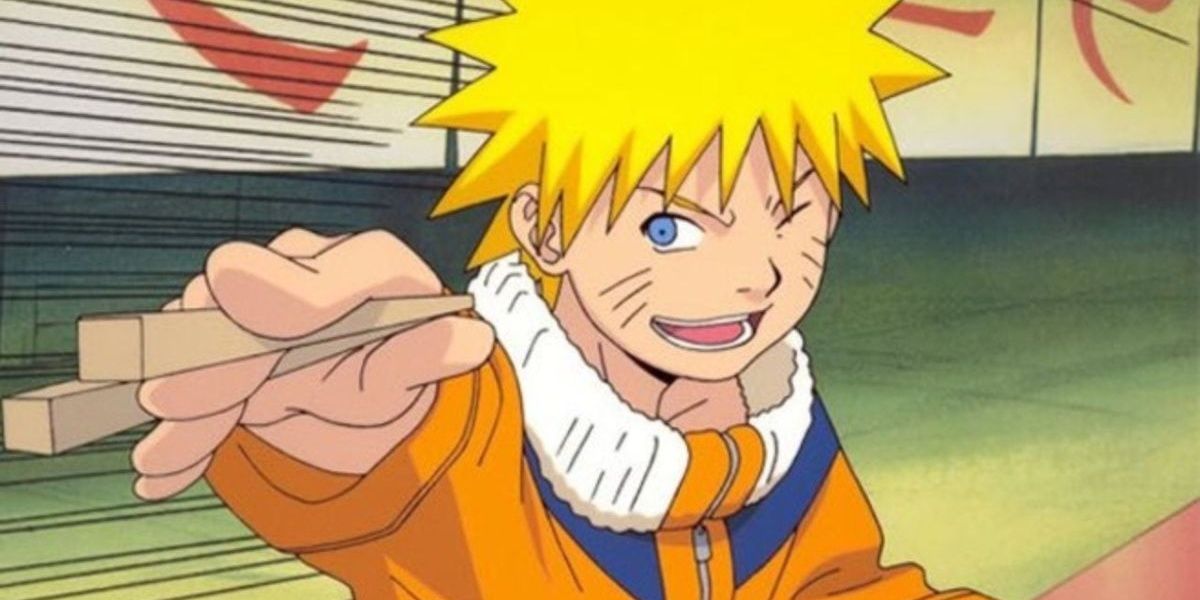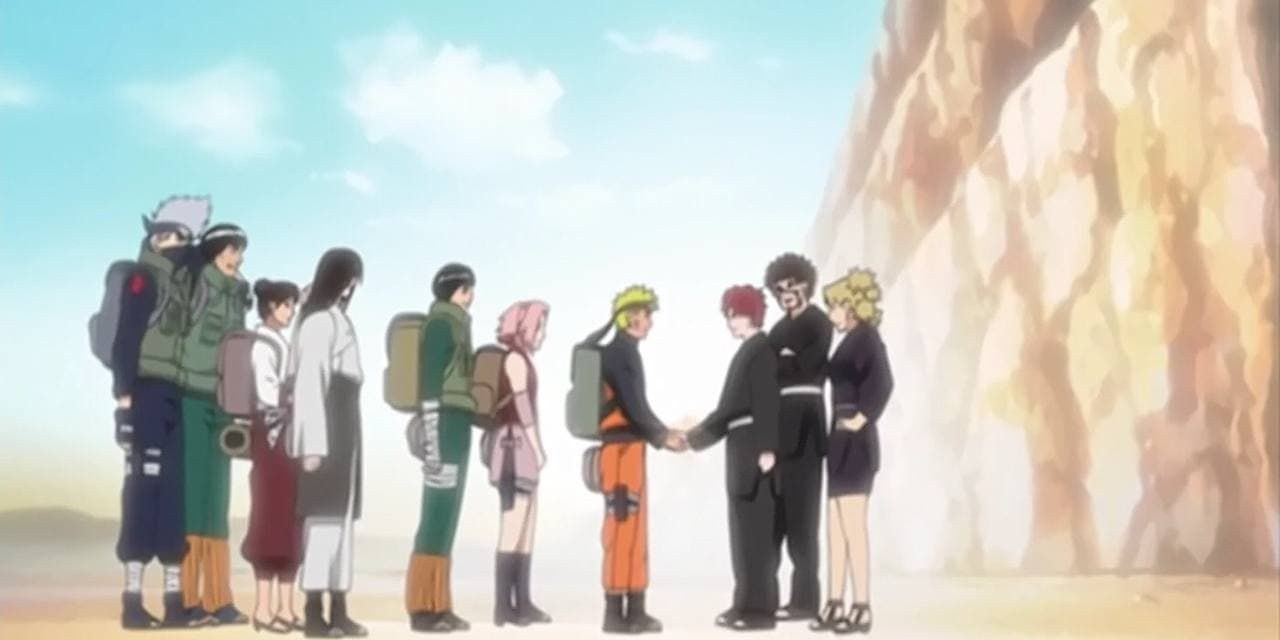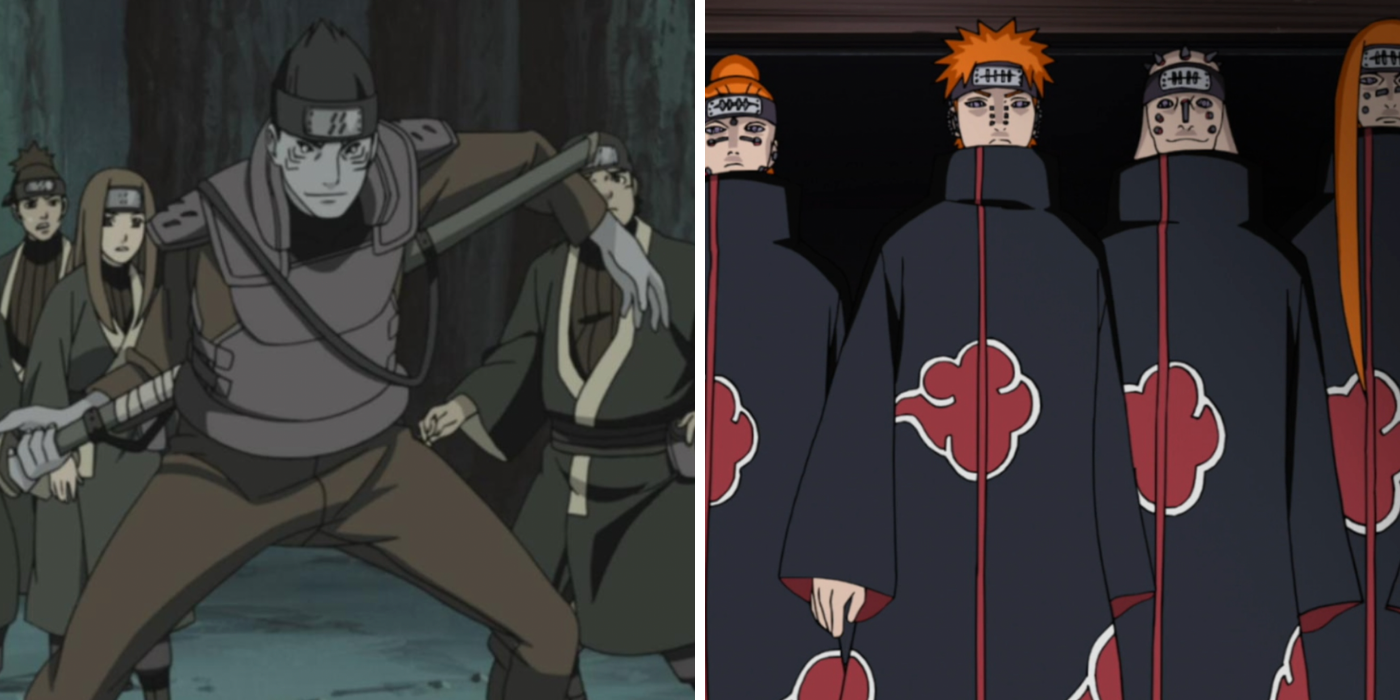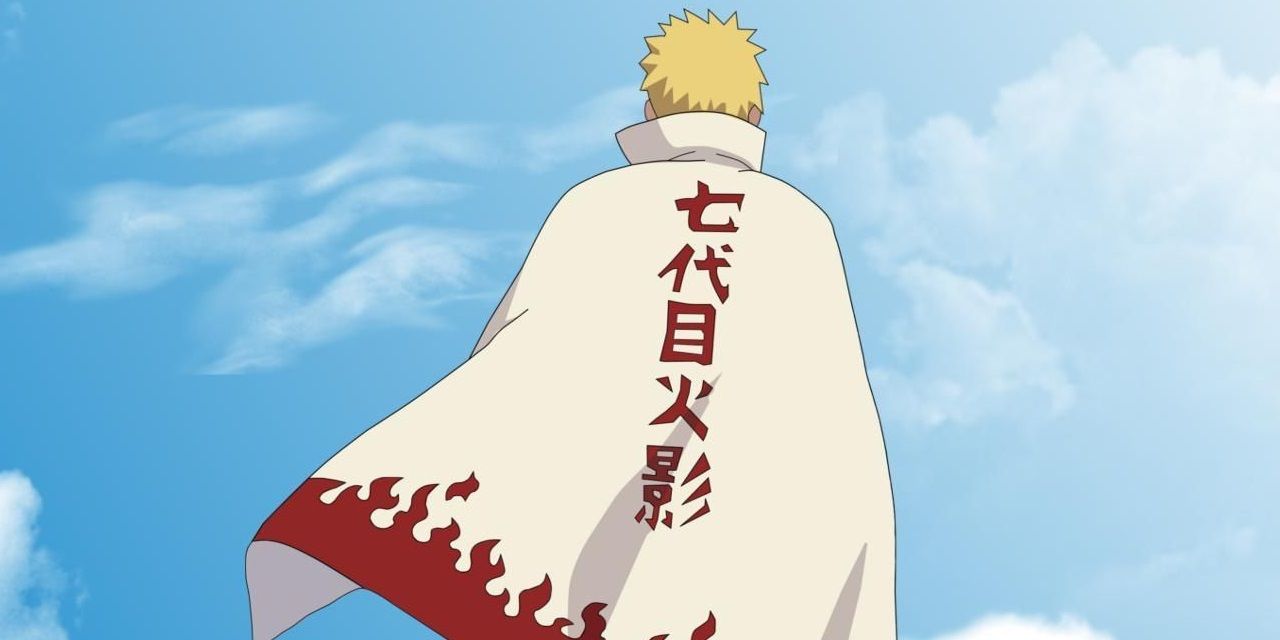Classical philosophy always seeps into contemporary art and literature, whether it's an intentional representation and reinterpretation of the author's belief system or an inadvertent reference to the same. One of the most prominent examples is C.S. Lewis' The Chronicles of Narnia, which can be seen as a modernized retelling of Christian theological concepts in the setting of a fictional, fantastical fairy tale developed for children and young adults; Lewis himself denied an active intent to include Christian themes in Narnia but clearly accepted their presence in his work.
Similarly, while it may or may not be intentional, it can be noted that the story of Naruto is heavily influenced by Confucian values and demonstrates what it means to be a hero in a world where the characters are in pursuit of their own -- often incompatible -- versions of peace and prosperity.
Representation of Confucian Values in Naruto
Confucianism is a school of thought based on the teachings of Chinese philosopher Confucius dating back over 2,500 years. Even today, it serves as the framework for social and legal systems still prominent in East Asian countries. One of the most essential tenets of Confucianism is the belief that humans have a fundamental goodness in them and can be taught and improved through their efforts and positive input from their community. This is highlighted again and again throughout Naruto, particularly through the depiction of characters like the Third Hokage and Jiraiya and the impact their teachings had on the world through the actions of their disciples.
Further, Confucianism emphasizes following the path of human oneness to build a society founded on peace, harmony and collaboration. This closely mirrors Konoha's philosophy of Will of Fire, as espoused by the First Hokage and later inherited by his successors. The entire concept of leaders being chosen through a meritocratic assessment of their abilities and virtues is also part of Confucian philosophy. These leaders then seek to inculcate their best traits into the next generation, protecting and nurturing them until they are ready to step up and become leaders in their own right. This is a major point of emphasis in the "Akatsuki Suppression Mission" arc, with the demise of Asuma and the ascension of Shikamaru.
It is also noteworthy that Iwagakure's concept of Will of Stone can be viewed as a parallel to Konoha's Will of Fire, being based on the principles of Stoicism -- a Western school of philosophy that defines self-control and fortitude as the path to peace. Interestingly, Iwa happens to be situated at the western edge of the known world in Naruto.
Postmodernism in Naruto
The concept of postmodernism emerged as a counter to the modernist idea of a grand narrative that posits that the human experience has a singular, unifying story. Instead, postmodernism argues in favor of relativism; there is no objective good or bad. A person's ethics and morals are a social construct, built on their highly varied experiences affected by a variety of factors. Their behavior can be viewed very differently in different social and cultural contexts.
Ethical relativism is a strong theme throughout Naruto. From the very beginning, the series introduces villains like Zabuza and Haku, who are far from one-dimensional bad guys. Zabuza and other characters like Kisame were revolutionaries who sought to change their village or country by overthrowing corrupt regimes. While most other characters failed, Nagato and Konan succeeded in defeating Hanzo and his allies, bringing peace to Amegakure. Hanzo had also earlier been a champion of peace, arguing for diplomacy between the Five Great Nations. However, the incessant wars eventually wore down his ideals. Even Danzo sought the best interest of the village and its people, despite his many disagreeable actions.
Though they served as antagonists, none of these characters -- or many others in the series -- can be viewed as simple and purely evil. Similarly, it is difficult to view many of the protagonists as purely good. They too participated in past wars and had to kill hundreds of their then-enemies in their own quest for peace. Minato, though considered the idealized hero in Konoha, elicited only fear in neighboring countries. Further, the story of a character like Sakumo Hatake is a clear illustration of how rapidly one's perception can shift in society. Though his actions were clearly justifiable, as his teammates' lives were saved, he was ostracized by his peers, leading to his eventual demise.
Naruto: An Ideal Hero for a Postmodern Confucian Story
At the beginning of the story, Naruto is seen as a nuisance in the village. He brings little to no value to the people around him, instead being a source of either direct annoyance through his own mischief or indirect concern through the ever-present threat of the Nine-Tailed Fox taking over and rampaging. However, through a combination of his own initiative and the inputs of the many teachers he finds along the way, Naruto is able to build his strength as a fighter and as a human. His actions, virtues and choices are instrumental in bringing peace to the world.
Time and time again, Naruto shows an ability and inclination to empathize with his enemies and build strong bonds with them. This goes back to the Confucian idea of humans being teachable; when put in the right circumstances, they will often be redeemable. Their connection with Naruto is often enough to help them find their innate goodness and become a positive contributor to the world. Gaara is one of the best early examples of this phenomenon. While some have argued that this complete redemption of villains adversely affects the storytelling in the series overall -- and it certainly could have been handled better in some cases -- it remains a mainstay of Naruto for one good reason: it fits the overarching philosophy.
What does it mean to be a hero in a world where the line between good and bad can be so unclear? That is the challenge behind the premise of Naruto. Over the course of the story, Naruto is able to inherit the desires of his predecessors and even his former enemies -- each of whom sought a better future but failed to see that dream come true -- learn from them and see exactly how much they had in common. By trusting each other and collaborating instead of competing over limited sources, he and his peers are able to build a kinder, more peaceful world. However, Boruto: Naruto Next Generations makes it clear that this peace is still precarious and not absolute. As the Hokage, Naruto is now seen grooming the next generation of heroes who will inherit his dream.




